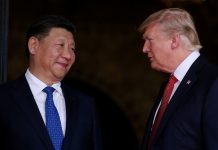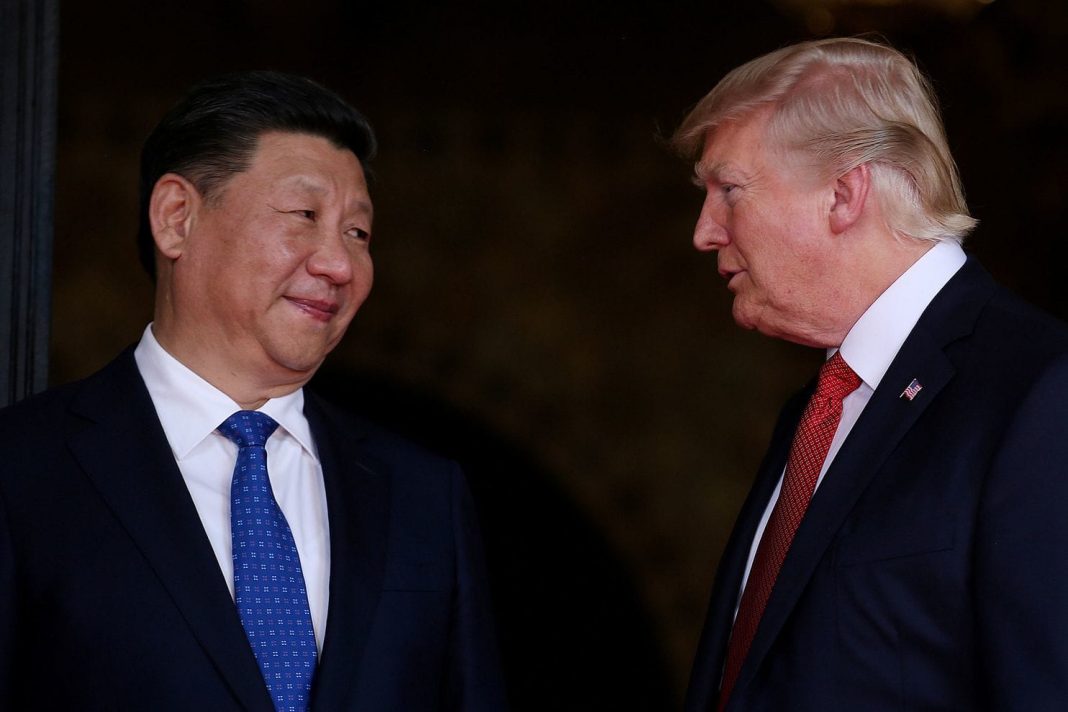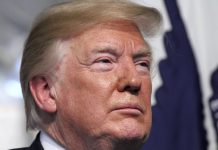We have entered an era of power-hungry, reckless and delusional leaders. Yes, President Trump is one of them — but he is part of a global cast, and probably not its most dangerous member.
This is an age when the puffed-up rulers of both large and middling powers, from China and Russia to Turkey and Saudi Arabia, rupture norms and seek to impose their diktat not only at home but abroad, too. They carry out cyberattacks and pursue exiled dissidents in Western capitals. They launch costly and unwinnable wars. They are able to do all this in part because the power that used to restrain them, the United States, has retreated from global leadership.
Saudi Arabia once conducted a highly cautious foreign policy whose main aim was preserving its U.S. security shield. Now its callow crown prince, Mohammed bin Salman, pursues one misbegotten adventure after the next. In the past couple of years, his regime has plunged into a war in Yemen, led a blockade of its neighbor and longtime ally Qatar, and kidnapped the Lebanese prime minister. This month, in response to justified criticism by Canada of his persecution of female activists, the crown prince embraced another foolhardy stratagem, imposing sanctions that included yanking thousands of Saudi students out of Canadian universities.
Yet Crown Prince Mohammed has arguably been outdone by Turkey’s Recep Tayyip Erdogan, who, having replaced Turkey’s democracy with a virtual dictatorship, now seeks to dictate to the United States. Seeing that North Korea and Iran leveraged favors from Washington by imprisoning Americans on bogus pretexts, Erdogan adopted the same gambit — ignoring that Turkey, unlike those rogue states, has depended on Washington for its security for more than half a century. He demands that the Trump administration hand over an exiled cleric he blames, without substantiation, for fomenting a coup. Meanwhile he threatens to start a war with U.S. forces in Syria because of their support for Kurds fighting the Islamic State.
Other medium-size strongmen are watching to see if Mohammed and Erdogan get away with their bluffs. One is Egypt’s Abdel Fattah al-Sissi, who also holds de facto American hostages while pocketing billions in U.S. military aid. Then there is North Korea’s Kim Jong Un, who since meeting Trump has brazenly continued building missiles and enriching uranium, apparently convinced that he can force U.S. recognition of his regime as a nuclear power.
The paragons of this crowd are China’s Xi Jinping and Russia’s Vladimir Putin, each of whom has consolidated personal power to a degree unseen since the days of Mao and Stalin, then launched daring foreign offensives. Xi has effectively seized control of the South China Sea, while moving to silence critics not just in neighboring countries but across the West as well. Putin has invaded Georgia and Ukraine and murdered exiled dissidents, including in Britain.
Xi and Putin clearly calculated that the United States would not stop them, and that any subsequent punishment would be bearable. For the most part, they have been proved right — which is why Erdogan, Mohammed, Sissi and others were encouraged to imitate them.
It might be taken as good news that the reckless rulers are all paying some price for their behavior. Turkey’s currency has crashed and may soon take the rest of the economy with it. Mohammed has driven away foreign investors while manifestly failing to subdue any of his foreign enemies. Putin’s popularity at home has been sliding as Russians face the economic consequences of the Western sanctions prompted by his aggressions. Even Xi has begun to inspire grumbling in Beijing that his overweening ambitions have led to a painful backlash, including U.S. tariffs.
Yet none of the autocrats has been deterred. Saudi planes are still bombing civilians in Yemen, while Putin’s operations to interfere in Western elections, including the upcoming U.S. midterms, continue apace. Erdogan, too, remains defiant, with the help of a bailout from Qatar. The chaos they are fomenting could easily spread: Turkey’s currency meltdown threatens to infect other developing countries, while Mohammed’s refusal to settle the Yemen war could soon trigger a catastrophic famine there.
Consequently, it’s hard not to sympathize with Trump’s ongoing campaign to cow Erdogan with trade and other sanctions. Tariffs are a poor instrument, and Trump’s focus on one of the 20 imprisoned Americans, a Christian missionary, is distasteful. But Trump understands something that Erdogan and a few other leaders have evidently forgotten: The United States remains capable of imposing crippling punishment on regimes that wantonly challenge it. A bit more use of that leverage with this generation of unhinged rulers might save the world a good deal of future trouble.





























